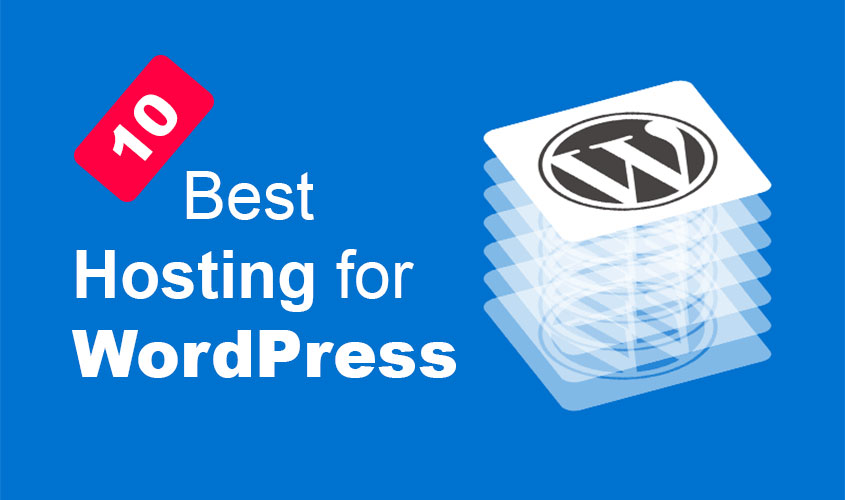WordPress is one of the most popular Content Management Systems ( CMS ) available, but there are other CMS platforms available as well. Here are some comparisons of WordPress with other popular CMS:
- WordPress vs. Drupal: Drupal is another popular open-source CMS platform, but it requires more technical expertise to use than WordPress. Drupal is a good option for large enterprise sites that require a high level of customization and security.
- WordPress vs. Joomla: Joomla is another open-source CMS platform that is similar to WordPress, but it has a steeper learning curve. Joomla is a good option for small to medium-sized businesses that require a high level of customization and functionality.
- WordPress vs. Shopify: Shopify is an ecommerce platform that is designed specifically for online stores. While WordPress can be used for ecommerce sites, Shopify is better suited for businesses that are solely focused on selling products online.
- WordPress vs. Wix: Wix is a website builder platform that allows users to create websites without any coding knowledge. WordPress requires a bit more technical knowledge, but it is more customizable and scalable than Wix.
- WordPress vs. Squarespace: Squarespace is another website builder platform that is similar to Wix. Squarespace offers a range of pre-designed templates and themes, but it is less customizable than WordPress.
- WordPress vs. Ghost: Ghost is a minimalist CMS platform that is focused on blogging. It is similar to WordPress, but it offers a simpler user interface and is more streamlined. Ghost is a good option for bloggers who prefer a simpler platform.
- WordPress vs. Magento: Magento is an ecommerce platform that is similar to Shopify. However, Magento is more customizable and offers more advanced ecommerce features than Shopify. Magento is a good option for businesses that require a high level of customization and control over their ecommerce site.
- WordPress vs. Medium: Medium is a publishing platform that is focused on content creation and sharing. It is similar to a social media platform, but it also offers a range of publishing tools and features. Medium is a good option for writers and content creators who want to reach a wider audience, but it is not as customizable or flexible as WordPress.
Each CMS platform has its own strengths and weaknesses, and the choice of which one to use ultimately depends on the needs of the business or individual.
WordPress is a versatile and customizable CMS platform that can be used for a variety of websites, from blogs and small business sites to larger enterprise sites. It offers a large community of developers, plugins, and themes, which makes it a popular choice for many businesses and individuals.
